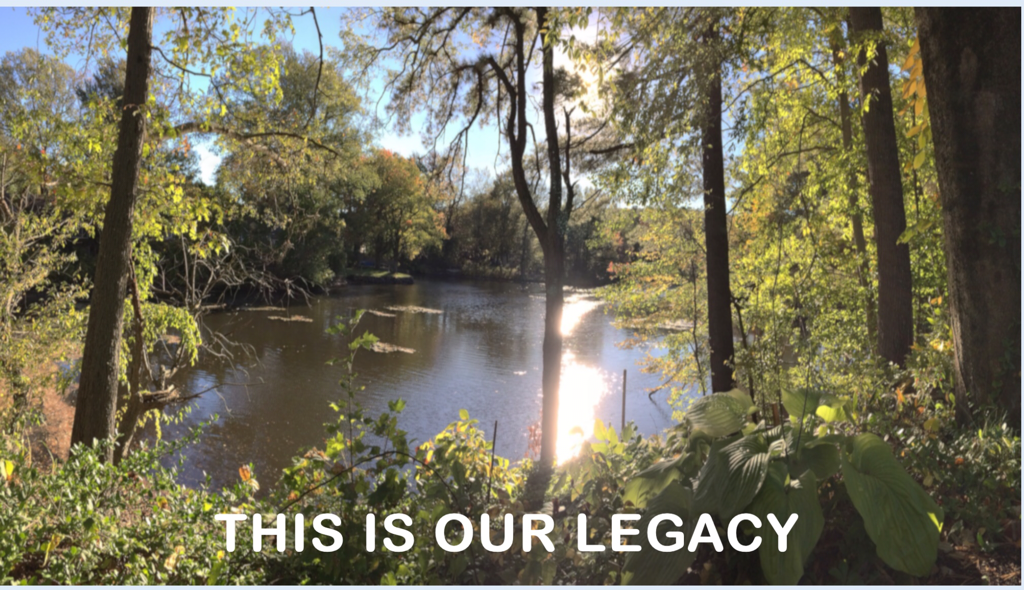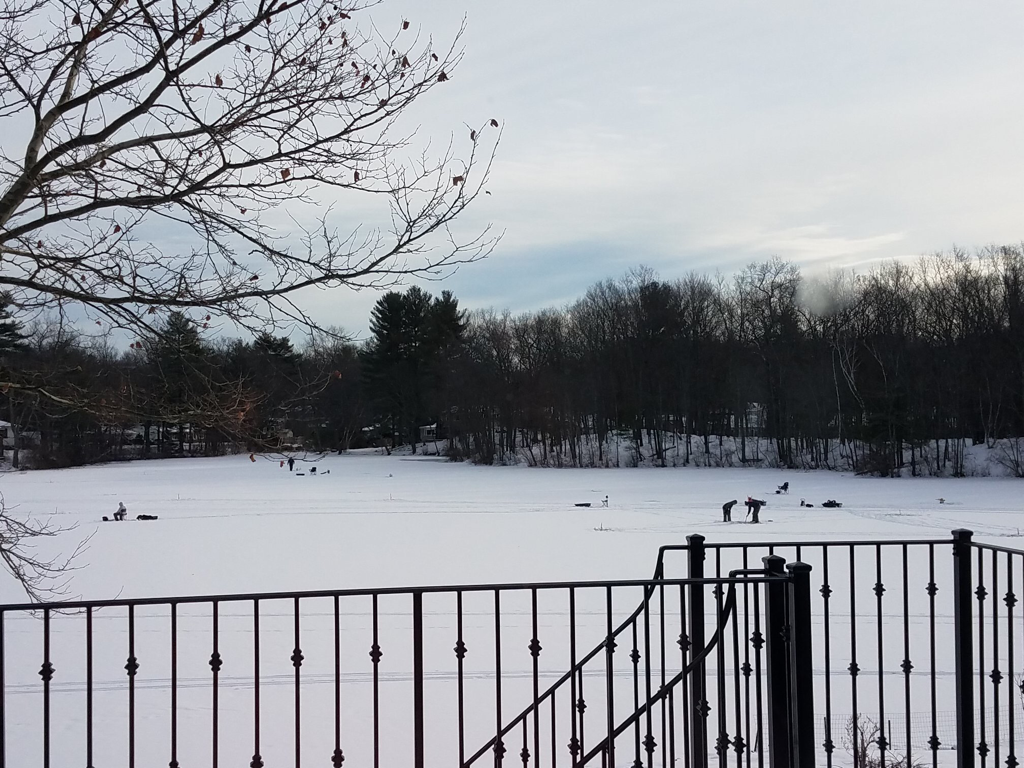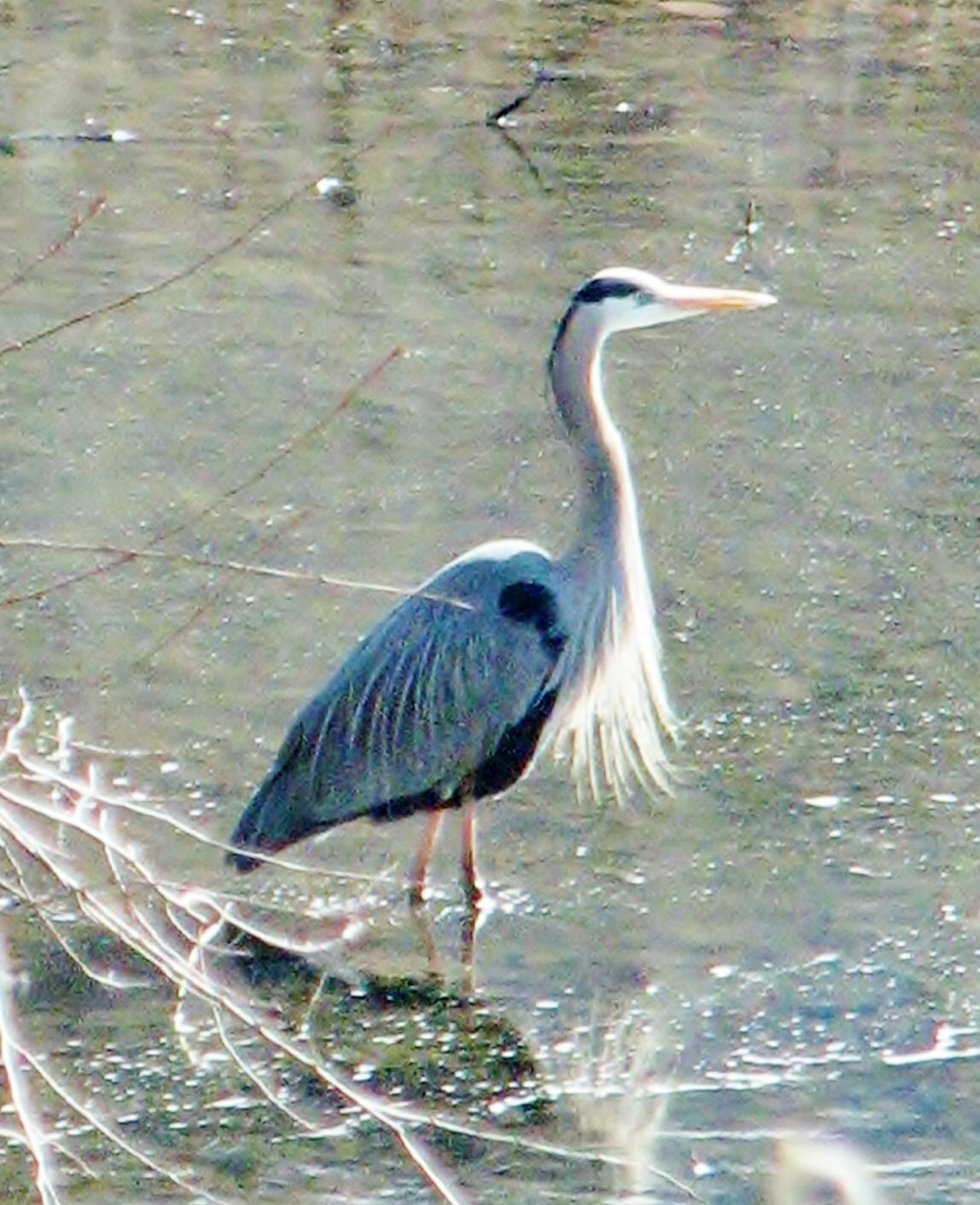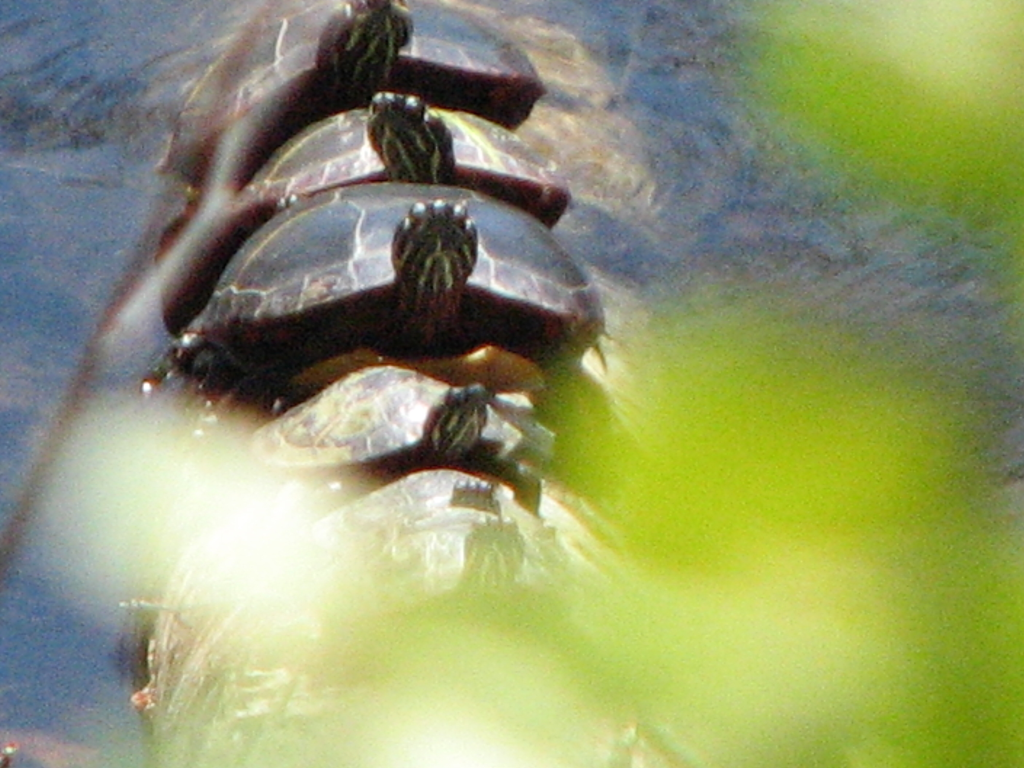|
Patch Reservoir has a weed problem. One cove has now become a marsh. Another cove is unusable during the summer. Fanwort, milfoil, and water chestnuts are spreading at such a rate that the lake will become a marsh within five years if something is not done now.
So why isn't the City of Worcester fixing our weed problem? After all, they own the lake. We pay taxes. People come to the lake to fish, canoe, and enjoy the views. In fact, very few cities and towns across the country have money to fix small lakes like Patch Reservoir. The City of Worcester has a limited budget for lakes and ponds and, like most cities, has prioritized the four lakes with swimming beaches for use of its limited resources. All across the country publicly-owned lakes like Patch Reservoir are facing serious problems with invasive weeds, algae, silt, and bacteria. The problems facing most of these lakes get addressed only when a lake association, like Friends of Patch Reservoir, gets organized and takes the formidable step of raising money to address the problems. It's not a reality we like, but it's the reality. Have you ever been out on a beautiful lake in the middle of an urban environment where you can paddle into coves, see turtles sunning on a log, watch a muskrat dive into a hiding place, look up and see a bald eagle, and perhaps surprise a great blue heron so you can see him spread his beautiful wings and fly to another part of the lake? This is what Patch Reservoir offers, on the west side of the City of Worcester in Massachusetts, within walking distance of Worcester State University. There are walking trails around the southern shore of Patch Reservoir, including a wide, flat gravel road that leads from Mill St. out to our newly renovated dam. If you know a lake like Patch Reservoir, or if you've ever visited a friend or family member who lives on Patch Reservoir, consider what it would be like to come here this summer, or next summer, and not have unsightly, invasive weeds whispering that they are going to take over the lake! Imagine enjoying the pristine beauty of an urban lake, surrounded by lots of trees and single-family homes. Come and take in the beauty of Patch Reservoir. And please consider making a donation to our fundraising efforts to treat the weeds this year, so we don't have a bigger problem next year. Carolyn Howe, Acting President Friends of Patch Reservoir
2 Comments
Friends of Patch Reservoir members have been actively participating in the Tatnuck Brook Watershed Association, and one member is on the executive board of the Coes Zone Task Force.
Our participation in these groups has been instrumental in getting the City of Worcester and other lake-and-watershed groups to include Patch Reservoir in discussions about improving the quality of Worcester's lakes and streams. We've learned that fixing our weed problems will take a lot of time, a lot of patience, and a lot of optimism! The progress we've made since Friends of Patch Reservoir was founded in October, 2015 has been dramatic. The Tatnuck Brook Watershed Association now has a Patch Reservoir subcommittee. Area colleges are getting involved in testing water quality. A professor in the department of Energy, Environment, & Physics at Worcester State University is developing a program to work with students and community members to collect and analyze water quality in Patch Reservoir. This will be done on a regular basis in order to collect scientific data to show where the biggest problem areas are so we can then analyze the sources of contaminants entering the lake. A professor of environmental studies at Assumption College in Worcester received a grant to conduct water quality testing on the lake during the summer of 2016. The collaboration we have initiated will help us, together, address the weed problems in Patch Reservoir and work toward solutions. We are also getting to know each other, and forming a strong community of "Friends of Patch Reservoir." |
 RSS Feed
RSS Feed




